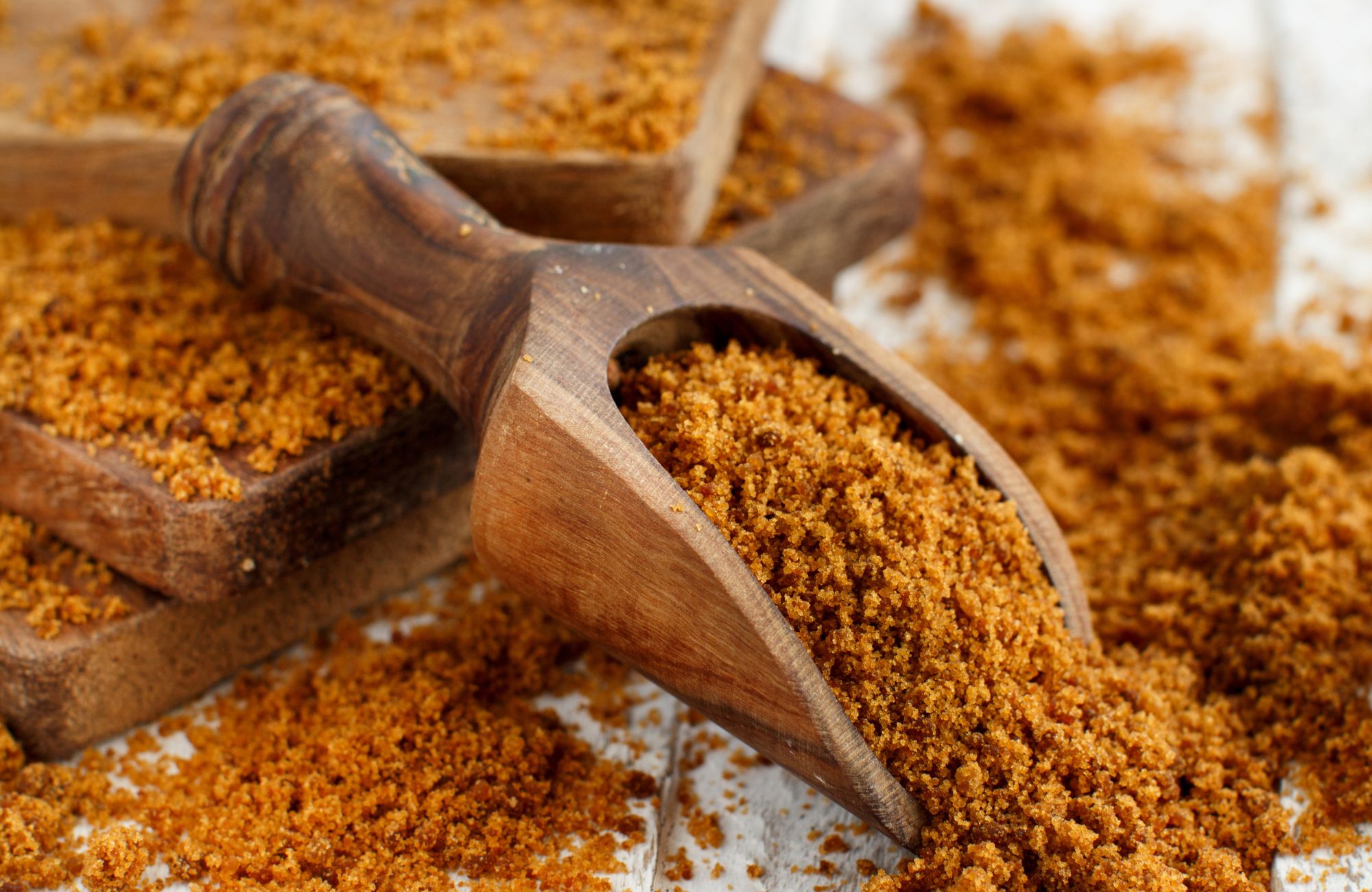
What Is Organic Sugar? Benefits, Uses, and How It Differs
Organic sugar, or what is organic sugar, comes from sugarcane or sugar beet grown without synthetic chemicals or GMOs. It’s minimally processed and retains more of its natural nutrients. In this article, we’ll explore how it’s made, its benefits, and how it compares to regular sugar.
Key Takeaways
- Organic sugar is produced from sugar cane or beets without synthetic chemicals, making it healthier for both you and the planet.
- It has higher nutritional value compared to regular sugar, retaining essential vitamins and minerals, and contains beneficial amino acids.
- Organic sugar offers a unique taste and texture, and its lower glycemic index makes it a better choice for blood sugar stability.
What Exactly Is Organic Sugar?
Organic sugar is more than just a buzzword in the health food aisle. It comes from sugar cane or sugar beets. These crops are cultivated without the use of synthetic pesticides, herbicides, or genetically modified organisms (GMOs). This means that from the very beginning, organic cane sugar is cultivated under strict organic farming standards, ensuring a cleaner and more natural product.
Unlike regular sugar, which often involves the use of harmful chemicals during cultivation and processing, bulk organic sugar is produced with the environment and health in mind. The sugar cane or beet sugar used in its’ production are nurtured through natural methods, promoting both soil health and biodiversity.
But what does this mean for you? Choosing organic means selecting a product that benefits both your body and the planet. Now, let’s explore the nutritional benefits that make this form of sugar unique.
Nutritional Benefits
One of the standout features of organic sugar is its higher nutritional value compared to refined sugar. This is largely due to the presence of natural molasses, which retains essential vitamins and minerals that are typically stripped away during the refining process. These nutrients include vital vitamins like B6 and C, as well as minerals such as calcium, potassium, and iron, which are essential for various bodily functions.
Moreover, it contains 17 amino acids, including important ones like pipecolic acid, methionine, tryptophan, and arginine. These amino acids play crucial roles in processes such as fat burning and muscle building, making it a more beneficial option for those looking to maintain a healthy lifestyle.
Opting for organic sugar reduces your intake of empty calories while incorporating nutrients that promote better health. The retained molasses can enhance energy levels, support immune function, and offer antioxidant benefits.
Let’s examine the environmental impact of organic sugar production.
Environmental Impact of Production Organic Types Of Sugar
The production of organic sugar involves sustainable farming practices that benefit both the environment and the farmers. One key practice is crop rotation, which helps maintain soil health and promotes biodiversity. Unlike conventional sugar production, which relies heavily on synthetic pesticides and herbicides, organic farming avoids these harmful chemicals, resulting in a cleaner and safer environment.
By choosing organic sugar, you also support small-scale farmers who often implement sustainable practices. These farmers are committed to ecological sustainability by avoiding synthetic fertilizers and genetically modified organisms, thus reducing environmental damage. This not only protects freshwater ecosystems but also minimizes the ecological footprint of sugar production.
The USDA’s National Organic Program ensures organic sugar is produced and processed without harmful chemicals, protecting both the environment and consumer health. Now, let’s explore how organic sugar tastes and feels compared to conventional sugar.
Taste and Texture Differences
If you’ve ever had it, you might have noticed its richer, more complex flavor. This is thanks to the natural molasses retained in this type of sugar, which imparts a subtle yet distinct molasses undertone. This gives it a more nuanced taste profile compared to the often flat and overly sweet flavor of refined sugars.
In terms of texture, organic sugar is grainier and has larger granules compared to regular white sugar. Its color is also darker, ranging from light brown to dark brown, depending on the type of organic sugar. This unique texture and color are a direct result of its minimal processing, which preserves more of the sugar’s natural qualities.
With these differences in mind, let’s explore the fascinating process of how it is made.
How Organic Sugar Is Made
The journey of organic sugar from the field to your table involves a natural and straightforward process. It starts with:
- Extracting juice from crushed sugar cane or sugar beets.
- Boiling down this juice to create a syrup.
- Forming sugar crystals through crystallization from the syrup.
The refining process for it avoids harmful chemicals like bone char, often used to bleach conventional sugar. Instead, it undergoes minimal processing, retaining natural molasses and preserving its nutritional qualities.
This production method makes it both healthier and more environmentally friendly. Now, let’s explore the various types of it and their differences.
Types of Organic Sugar
Organic sugar comes in various forms, each with its unique characteristics and uses. For instance, Big Country organic sugar is made from certified organic sugar cane and cane sugar is less processed than traditional sugars. This type is perfect for those who prefer a more natural and less refined sweetener.
Coconut sugar, made from the sap of the coconut tree, is another popular type. It has a caramel-like flavor and is often used as an alternative sweetener. Date sugar, made from ground dehydrated dates, and unrefined brown sugar, which retains all its molasses, are also excellent options for those seeking natural sugar and nutritious sweeteners.
Each type of it offers distinct benefits and can be used in different culinary applications. Now, let’s compare it to regular sugar to highlight their differences in more detail.
Organic Sugar vs. Regular Sugar
One of the key differences between organic sugar and regular sugar is their glycemic index. Organic sugar tends to have a lower glycemic index, which helps stabilize blood sugar levels and prevents spikes that can lead to a sugar rush or subsequent crash. This is due to the presence of molasses, which slows down the absorption of sugar into the bloodstream.
Regular table sugar, on the other hand, is often criticized for providing empty calories and lacking essential nutrients. With a glycemic index of around 65, refined sugar can cause significant blood sugar spikes, leading to issues like tooth decay, heart disease, and even a sugar headache.
Choosing it means opting for a sweetener with more nutritional value and a lower impact on your blood sugar levels. Let’s explore why you might prefer organic sugar over regular sugar in everyday life.
Why Choose Organic Sugar?
Opting for organic sugar can bring numerous health benefits, especially for those dealing with conditions like anemia and fatigue. The essential nutrients found in organic sugar can enhance energy levels and support serotonin production, which is crucial for mood regulation. Additionally, antioxidants present in organic sugar can help strengthen your immune system, making it a healthier choice overall. Supporting small organic farmers who use sustainable methods contributes to a more ethical and sustainable food system.
The versatility and natural flavors of it make it an excellent addition to a variety of recipes, enhancing both taste and nutritional value. Let’s explore some common uses of organic sugar in everyday cooking and baking.
Common Uses of Organic Sugar
Organic sugar is a fantastic ingredient in baking, from cakes and cookies to breads and muffins, where it enhances both flavor and texture. Its rich flavor from retained molasses makes it perfect for desserts, toppings, and glazes, adding a depth of taste that refined sugars simply can’t match.
In beverages, organic sugar can be used to sweeten coffee, tea, lemonade, and even kombucha, offering a natural and healthier sweetness. It’s also great for flavoring marinades and sauces, giving them a deliciously sweet and savory balance.
With so many uses, it proves to be a versatile and valuable addition to any kitchen. Now, let’s wrap up with a summary of what we’ve learned.
Summary
In summary, organic sugar offers numerous benefits over regular sugar. From its higher nutritional value and lower glycemic index to its positive environmental impact and support for sustainable farming practices, organic sugar stands out as a healthier and more ethical choice.
Whether you’re looking to improve your health, support small farmers, or simply enjoy a richer, more natural flavor in your food, it is a sweet choice worth considering. Make the switch today and experience the difference for yourself.
Frequently Asked Questions
What makes organic sugar different from regular sugar?
Organic sugar stands out because it’s made from sugar cane or beets that are grown without synthetic chemicals. It’s more natural and retains more nutrients. So if you’re looking for a healthier sweetener, organic sugar is a solid choice!
Is organic sugar healthier than regular sugar?
Organic sugar is generally considered healthier than regular sugar because it retains some essential nutrients that are stripped away in the refining process. So, if you’re looking for a slightly better option, go for organic!
How does the taste of organic sugar compare to regular sugar?
Organic sugar definitely has a richer taste with a nice hint of molasses, plus it’s a bit grainier since it’s less processed. If you’re looking for depth in flavor, it’s a tasty choice!
What are the environmental benefits of organic sugar production?
Organic sugar production is great for the environment because it skips harmful chemicals, supports sustainable farming, and helps keep the soil healthy and full of life. It’s a win-win for both our planet and our conscience!
Can I use organic sugar in all my recipes?
Yes, you can use it in all your recipes since it’s versatile and adds great flavor. Just keep in mind it may slightly alter the texture in some baked goods.
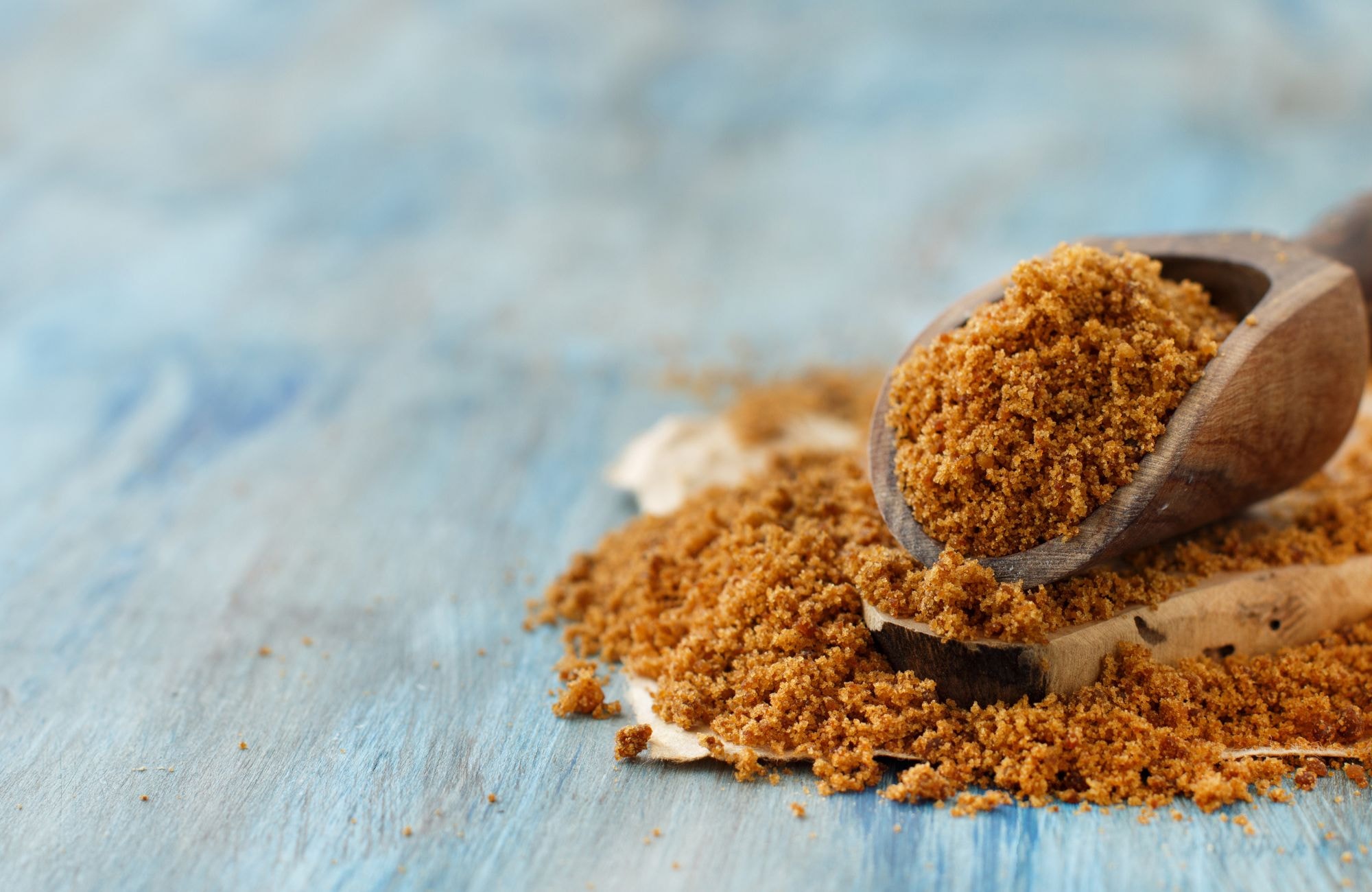
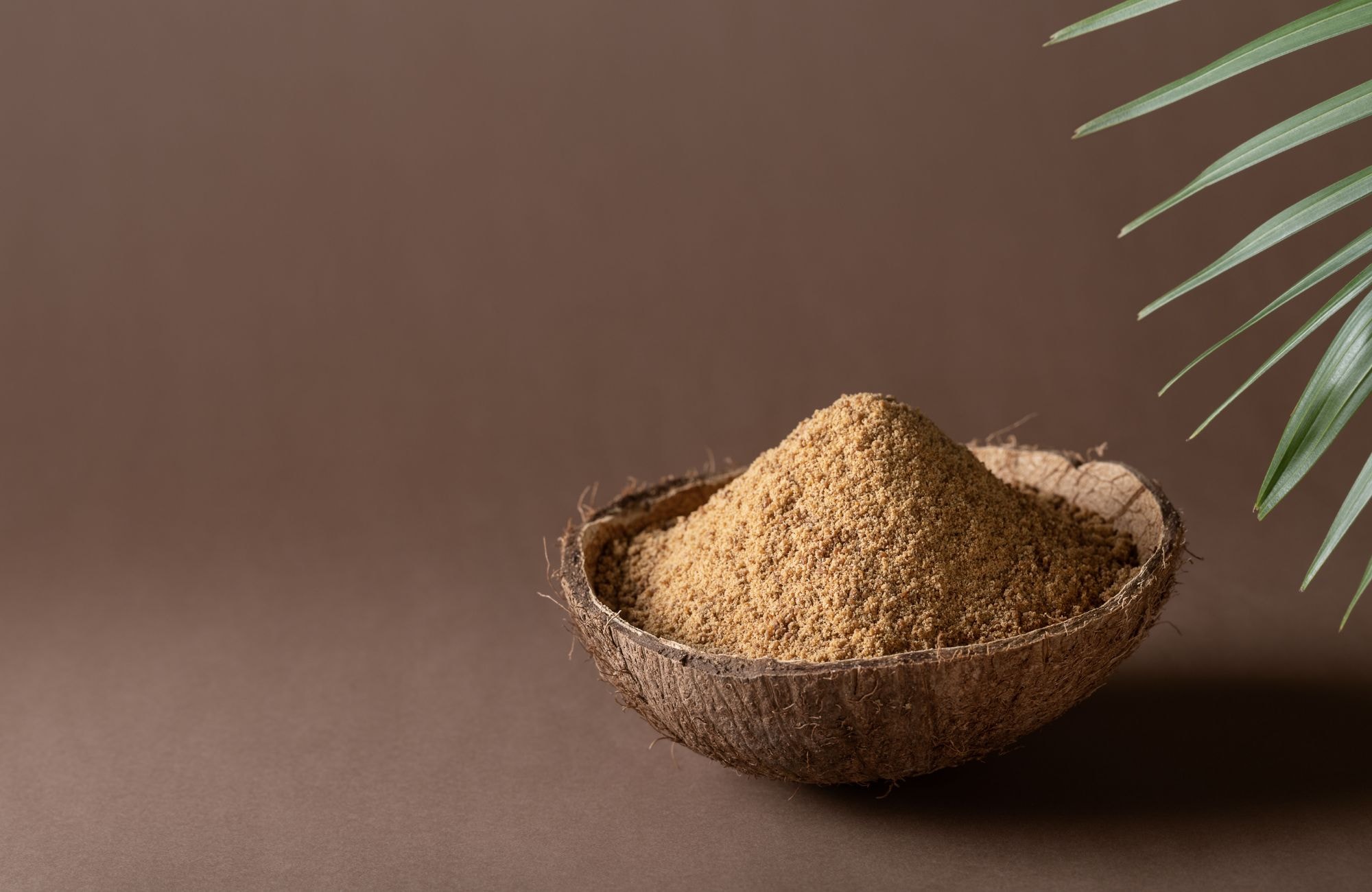

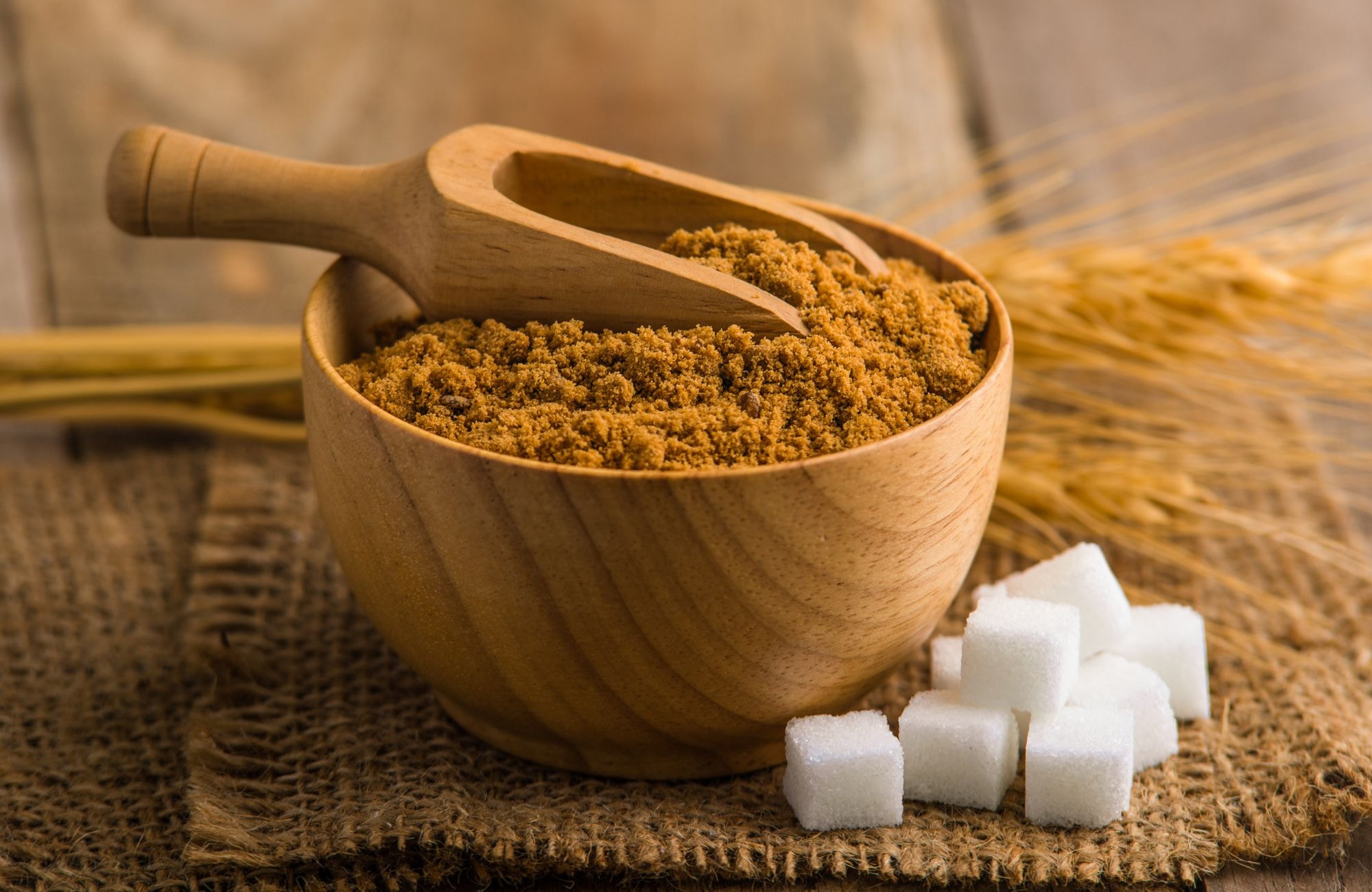
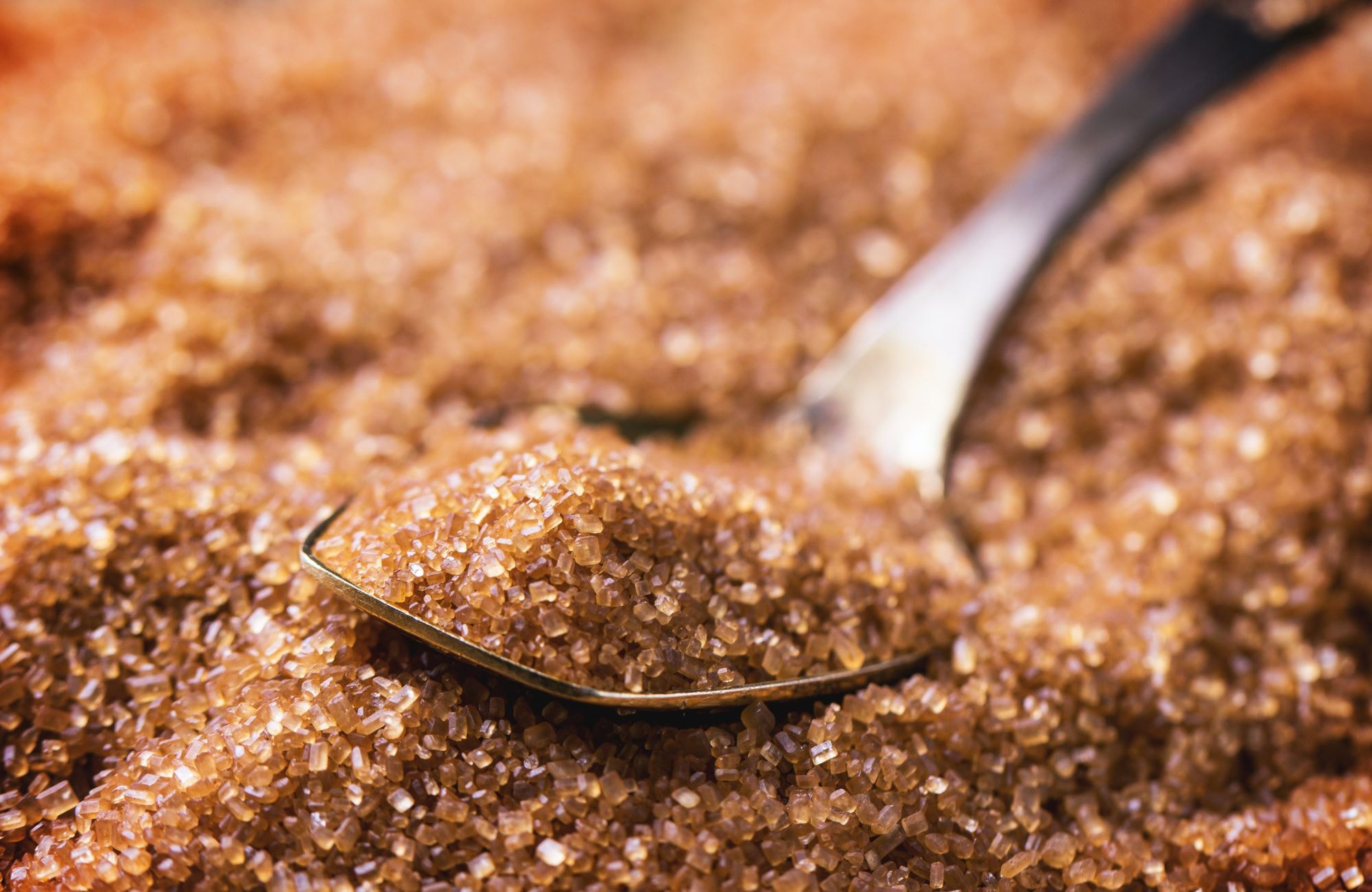

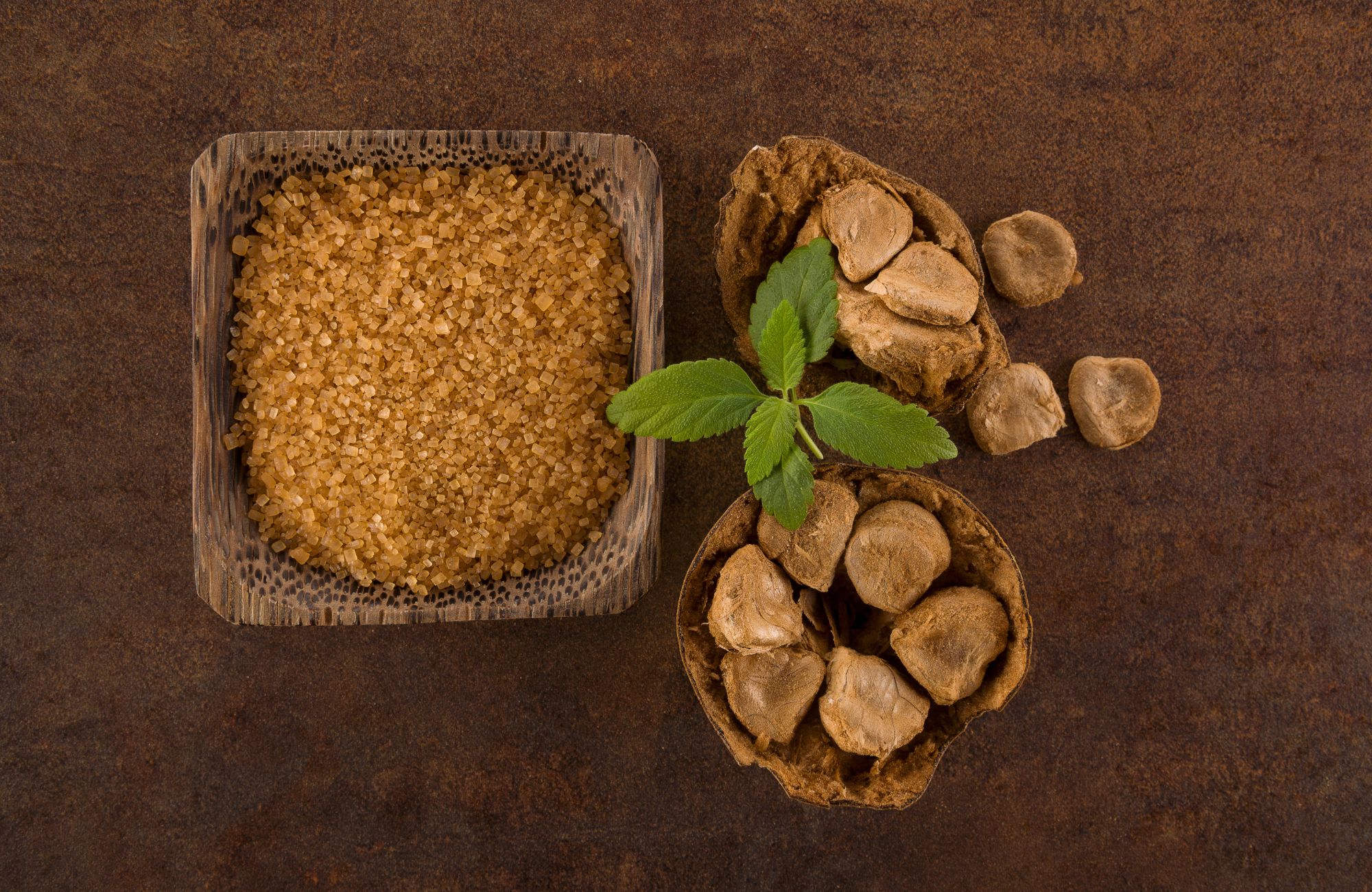

Leave a Reply